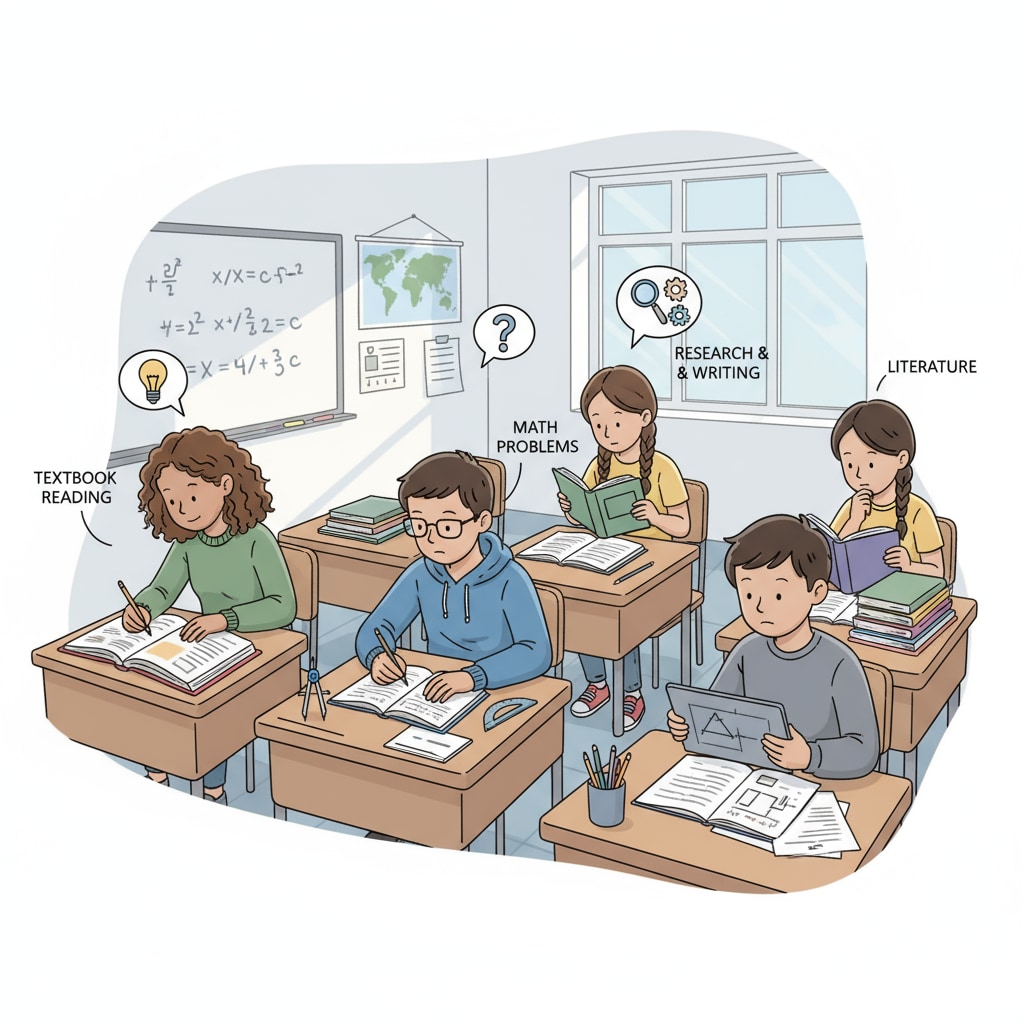The debate over student homework has been a longstanding and contentious issue in K12 education. Supporters believe it solidifies classroom learning and fosters self-discipline, while opponents worry that excessive assignments eat into leisure time and exacerbate educational inequality. Let’s take a closer look at this complex topic.

The Benefits of Homework
Homework plays a crucial role in enhancing learning. Firstly, it reinforces what students have learned in class. For example, when students practice math problems at home, they gain a deeper understanding of the concepts taught during the day. According to Education.com, regular practice through homework helps in better retention of knowledge. Secondly, it cultivates self-discipline and time management skills. Students need to organize their study time and complete tasks independently, which are essential life skills. The American Psychological Association also emphasizes the positive impact of homework on developing these skills.
The Drawbacks of Homework
However, there are valid concerns regarding homework. One major issue is that excessive homework can consume a significant amount of students’ leisure time. This leaves them with less time for physical activities, hobbies, and family interactions. Moreover, it can lead to stress and burnout among students. Another problem is the potential exacerbation of educational inequality. Students from disadvantaged backgrounds may lack the resources or a quiet study environment at home, putting them at a disadvantage compared to their peers. As a result, homework may not be an equitable learning tool for all.

Finding a balance is the key. Teachers should assign an appropriate amount of homework that is neither too much nor too little. They can also differentiate assignments based on students’ abilities to ensure fairness. Additionally, parents can play a supportive role by creating a conducive study environment at home.
Readability guidance: The paragraphs are short and to the point. Lists could be further incorporated in future expansions. Passive voice is minimized, and transition words like “however” and “moreover” are used to enhance flow.


